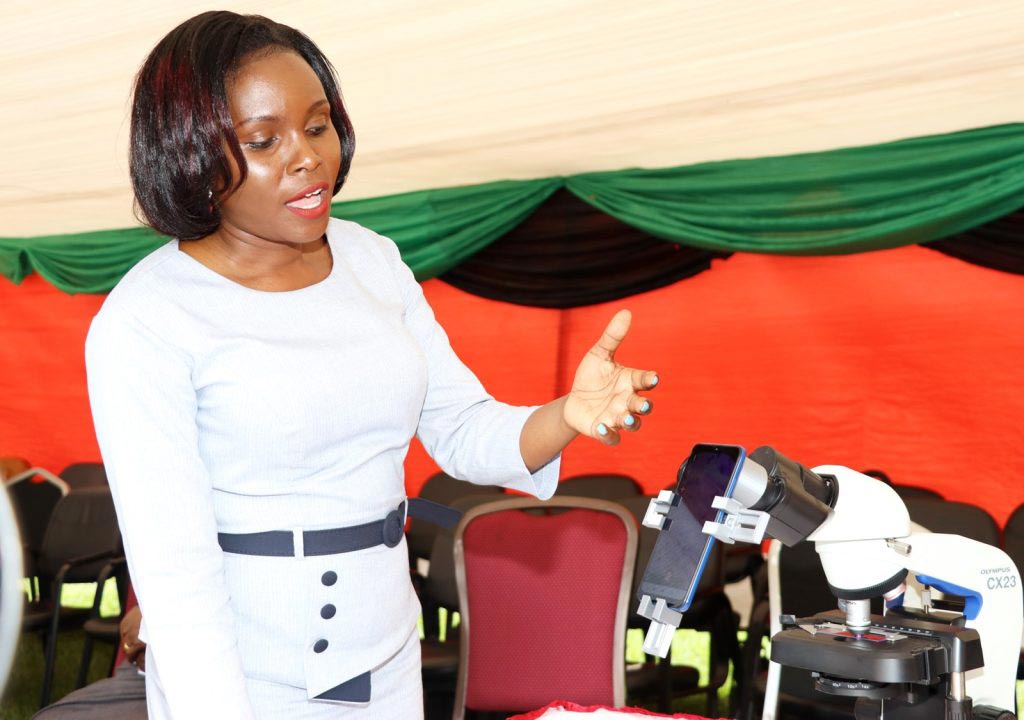
Malaria, a life-threatening disease, is one of the major health hazards in Sub-Saharan Africa. The disease is exacerbated by a lack of sufficient expertise to carry out accurate and timely diagnosis using the standard microscopy method. When conducting the diagnosis, results are highly subjective because different technicians may observe parasites in blood slides under the microscope differently.
To address this challenge, accurate and timely automated diagnosis of malaria is required for prompt interventions to improve disease control. While conventional machine learning techniques were found to offer reasonable malaria diagnosis, the solutions cannot sufficiently address this problem of automated malaria diagnosis.
This is due to inherent limitations such as the need for skilled manual engineering of features, which is a subjective procedure, and a lack of enough training data and computational resources for the machine learning task.
Mak Ocular, a tool initially designed to diagnose malaria, has expanded its scope to include other diseases like tuberculosis and cervical cancer. A blood sample is placed under a microscope, with a smartphone attached to take a picture. The picture shows the disease-causing organisms.
A technician then looks at the picture and makes use of Artificial Intelligence to confirm the results. The Mak Ocular then determines the level of infection and what illness the person has.
Behind this innovation is Doctor Rose Nakasi, a Computer Scientist with a speciality in Artificial Intelligence at the Makerere University AI Lab. Under this project, AI-based technologies are harnessed to support Healthcare, focusing on diseases with the greatest public health burden.
In a recent interview with Words That Count, an initiative that documents stories of successful African Women in the STEM fields, Dr. Rose Nakasi, when asked what AI is in layman’s terms answered,
“This is a very good question! Many people don’t know what AI is! Some even confuse it with ‘Artificial Insemination’, haha. I am glad that you have brought up this question.”
The good doctor in the Department of Information Technology at Makerere University secured a substantial $1.5 million grant from Google to further develop her Mak Ocular project. The project, which is an interdisciplinary project that involved collaboration with colleagues from the College of Health Sciences in the Department of Internal Medicine, was officially launched on 13th September 2023.
Google launched a Programme to use Artificial Intelligence for global good, with one of its goals being to improve health. In 2022, they invited innovators to submit ideas on how AI can improve health care. In 2023, Dr. Rose Nakasi submitted her application and was one of the Grant winners.
Artificial Intelligence brings efficiency to healthcare by taking on time-consuming tasks and cutting down on costs. It uses machine learning, natural language processing and deep learning to improve the treatment process for both the healthcare providers and the patients.
AI is a powerful tool that helps doctors in the diagnosis of a range of diseases. Different AI systems work in different ways but are less prone to error than the previously used traditional methods.